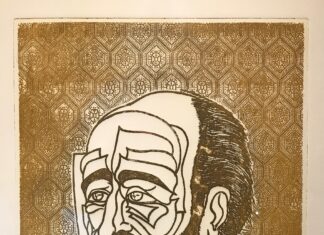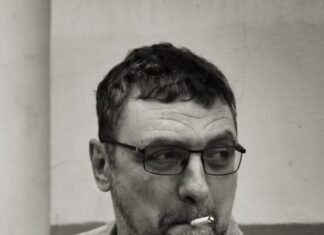By Alin K. Gregorian
Mirror-Spectator Staff
CAMBRIDGE, Mass. — More than 250 people packed into the small room at the Carr Center for Human Rights at Harvard University’s John F. Kennedy School of Government on Friday, December 10, for a screening of “Aghet: Nation Murder.”
(The name of the film in German is “Aghet: Ein Völkermord,” which is translated either as “Nation Murder” or “Genocide.”)
“The truth is denied again and again and again,” said Charlie Clements, the executive director of the Carr Center for Human Rights Policy before the start of the film. Clements, who was the moderator for the evening, added, “What you see will not sit easy with you — and nor should it.”
Director Eric Friedler was on hand, as was Habib Afram, the president of the Syriac League of Lebanon, an Assyrian, who said that the world should also remember the Seyfo (genocide of the Assyrians) as well as the genocide of the Pontic Greeks which took place concurrently with the Armenian Genocide.
“Aghet” was produced by NDR (German public television) and financed entirely by the company. It debuted on NDR in April; Friedler said the film’s reception was “very good” in Germany.









